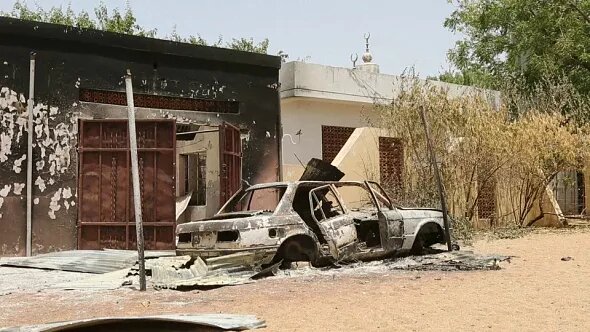In a statement on Tuesday, UN Secretary-General Antonio Guterres expressed his “deep concern” over the advancements terrorist organizations are making in the Sahel and elsewhere.
During a Security Council discussion on counterterrorism that Mozambique, this month’s council president, requested, Guterres read prepared comments.
No one is immune, regardless of their age, culture, religion, nationality, or area, but the situation in Africa is particularly alarming. Despair, hunger, lack of access to essential services, unemployment, and unconstitutional political changes continue to provide an ideal environment for terrorist organizations to spread slowly across the globe and infect new regions. The advancements terrorist organizations are making in the Sahel and elsewhere profoundly worry me.
The meeting was presided over by President Filipe Jacinto Nyusi of Mozambique, who stated that the situation in Africa is especially dire because terrorist organizations rely on illegal activity for financing and recruitment.
“The connection between terrorism and international organized crime has aided in the survival and growth of terrorist organizations. In the setting of the African continent, they typically turn to the trafficking of illegal drugs and mineral resources, with a focus on gemstones, to finance their operations through money laundering. These illicitly obtained money resources help terrorist organizations entice and enlist young people to join their ranks and files. While terrorism poses a threat on a global scale, the situation in Africa is especially dire.
James Kariuki, the U.K.’s deputy permanent representative to the UN, made the following suggestion as a possible remedy: “As we work to cut off the funding of terrorism, we encourage greater use of U.N. sanctions regimes on the continent of Africa, while ensuring continued delivery of humanitarian assistance to states responding to crises.”
We appreciate our collaboration with regional partners on the al-Shabab sanctions regime incredibly, incredibly much. Through sponsoring the designation of people connected to al-Shabab, for example, we have used this to continue tightening the rules regarding that organization, Kariuki continued.





